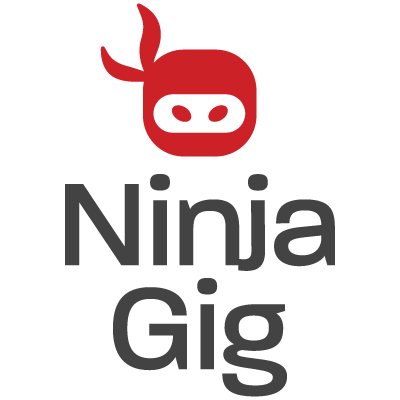The function of Human Resources within companies is generally to help businesses identify, hire and retain qualified people. The government has several regulations and laws that govern organizations and HR compliance to ensure that they treat their employees fairly, and imposes costly fines and penalties for businesses that violate these conditions. Whether it’s the Fair Labor Standards Act or the Family and Medical Leave Act, HR departments must create and execute compliance.

What Goes Into HR Compliance?
For companies to be successful, they need to have HR compliance. HR can’t merely have policies written, but needs to ensure that they are enforced and communicated throughout the organization by management.
Once HR compliance is in place, leadership must take action to ensure that all employees understand these compliance issues. Businesses need to institute the following to help minimize legalities and maximize HR compliance.
- Hiring the Right Employees – Having the right employee talent in place is crucial for a company’s success. HR professionals must have the experience, skills and knowledge to avoid potential liabilities, which includes making sure that employees understand hiring practices, compensation, talent management, legal requirements, employee benefits or handling employee-related issues,
- Education and Training – HR employees must understand regulatory and legal requirements, as well as employment law. Employees must undergo regular training and education since these requirements and regulations are ever-changing. It’s also necessary that as laws change that any employee handbooks or company policies receive regular updates.
- Employee Handbook – Simply having an employee handbook isn’t enough, as it needs to be updated regularly to include any new legal policies or procedures.
- Schedule HR Compliance Audits – Most HR departments are overworked and understaffed. Non-compliance can be costly, putting companies at risk for hefty fines, penalties or even lawsuits. Conducting regularly scheduled compliance can help avoid legal liabilities.
- Open Communication – Regular and open communication is critical for compliance. All HR function leaders, including executives of companies, need to be up-to-date on the latest HR regulations and compliance risks, helping ensure there are internal checks and balances to avoid costly legal issues.
By implementing these necessary steps, companies can help ensure that HR functions work towards achieving their goals – assisting companies to avoid costly liabilities while maintaining a healthy, profitable organization.
Ninja Gig is an ideal solution for HR hiring and job advertising compliance. Incorporating a proven applicant tracking system that helps make online recruitment easy, Ninja Gig focuses on creating legally compliant job applications online. HR teams can easily track and accept job applications online, which makes this automated hiring process easy to implement and incorporate into HR procedures. Companies that are interested in an easy, cost-effective applicant tracking system can sign up today for a free Ninja Gig trial. See how Ninja Gig can help automate and improve your company’s hiring practices.
